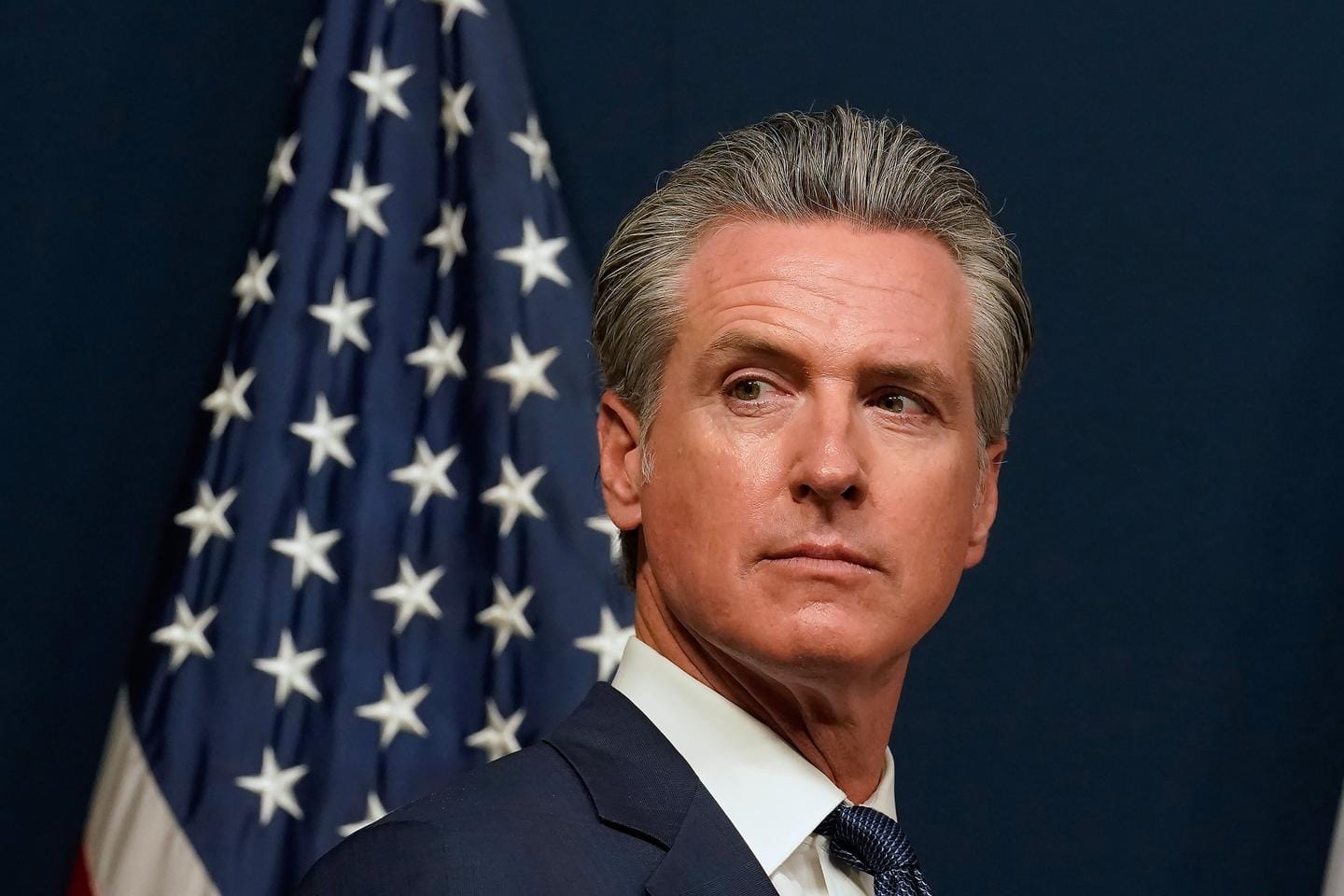California Enacts Landmark AI Regulation, Balancing Innovation and Public Safety
California, the heart of Silicon Valley, has officially embraced a new era of artificial intelligence (AI) oversight. Governor Gavin Newsom signed into law SB 53, a bill designed to regulate the burgeoning AI industry while fostering innovation. This move comes a year after a previous attempt at AI regulation was deemed too restrictive.
The law arrives at a pivotal moment, as billions of dollars pour into AI development in the Golden State, home to tech giants like Google, Meta, OpenAI (creator of ChatGPT), and Anthropic. Simultaneously, concerns are mounting about the potential risks associated with advanced AI models.
Key Provisions of the New AI Law
SB 53 imposes unprecedented transparency requirements on companies developing the most complex AI models. These companies must now:
- Publicly disclose their safety protocols.
- Report serious incidents within 15 days.
- Protect whistleblowers who raise concerns.
Proponents hail the law as a global first, compelling companies to report dangerous, deceptive AI behavior during testing. For instance, if an AI model misrepresents the effectiveness of safeguards designed to prevent it from aiding in the creation of biological or nuclear weapons, developers must disclose the incident if it significantly increases the risk of harm.
Growing Concerns Drive Regulatory Action
The impetus for this legislation stems from increasing unease about the rapid advancements in AI capabilities. A task force established by Governor Newsom, comprised of leading experts like Fei-Fei Li of Stanford University (often called the “godmother of AI”), highlighted these concerns in a June report.
“The AI companies’ own reports reveal worrying progress in all categories of threats,” the report stated.
Senator Scott Wiener, the driving force behind the bill, faced a setback in 2024 when Governor Newsom vetoed his initial proposal. That earlier version deeply divided Silicon Valley, with some leaders fearing it would stifle innovation and drive companies away.
California’s Approach vs. Other Regions
California’s new law stands in contrast to the European Union’s approach, which, while more stringent, limits the dissemination of safety protocols to authorities. Senator Wiener emphasizes that California’s law promotes greater transparency by making these protocols public.
The enactment of SB 53 also follows the Trump administration’s failed attempt to block state-level AI regulation, arguing that it would hinder the United States’ competitiveness with China.
Industry Response and Future Implications
Prior to the law’s passage, several major California AI companies, including Meta, Google, OpenAI, and Anthropic, had made voluntary commitments to conduct security testing and develop robust protocols. The new law codifies and expands upon these commitments, establishing a legal framework for responsible AI development in the state.
Enjoyed this post by Thibault Helle? Subscribe for more insights and updates straight from the source.


